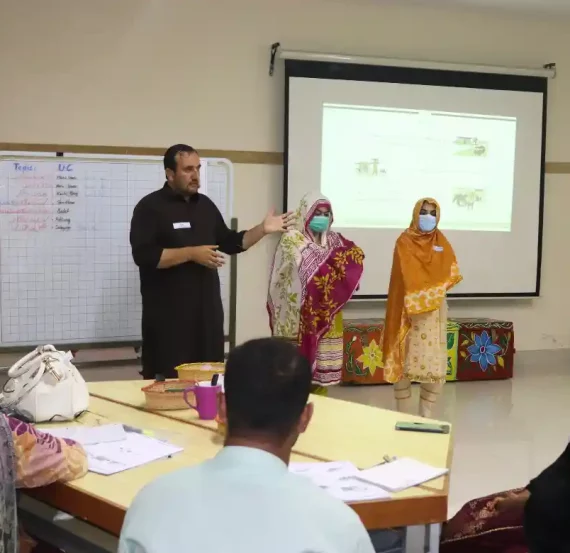
Synopsis:
IMAGOGG was contracted by the World Bank to develop a comprehensive training module for senior government policy makers to understand the role of social entrepreneurs in addressing service delivery challenges and last mile connectivity issues. The project involved international research, conducting a training needs assessment, and creating training materials to build the capacity of policymakers and Bank staff in supporting social enterprises. The module was piloted with policy makers in Nairobi, Kenya, and then adapted to form the base content for a 14-hour E-learning module. The project also developed capacity-building modules for grassroots social entrepreneurs. The focus was on promoting the Business Development Service Provider approach to address last mile connectivity challenges. The aim was to empower social entrepreneurs through training and equip them with the necessary skills and knowledge to operate successful social enterprises, fostering positive social impact within their communities.Narrative of the Project Description:
Background: The World Bank and IMAGOGG recognized the potential of social entrepreneurs in addressing critical service delivery challenges and last mile connectivity issues. In response, they collaborated to design a specialized training module for senior government policy makers to understand the importance of supporting and promoting social enterprises. Meanwhile, IMAGOGG also partnered with SEWA, Pradhan, and Srijan in India to build capacities among grassroots social entrepreneurs through targeted capacity-building modules.Objectives:
– Develop a comprehensive training module to raise awareness among senior government policy makers about the significance of social entrepreneurs in addressing service delivery challenges and last mile connectivity issues.– Empower policymakers and Bank staff with knowledge and skills to support social enterprises through appropriate policies and regulations.
– Pilot the training module with policy makers in Nairobi, Kenya, to assess its effectiveness and make necessary improvements.
– Create a 14-hour E-learning module based on the pilot training’s feedback for wider accessibility and dissemination of knowledge.
– Design capacity-building modules to empower grassroots social entrepreneurs with the necessary tools and resources to operate successful social enterprises.
– Promote the Business Development Service Provider approach to address last mile connectivity challenges effectively.
– Strengthen social entrepreneurs’ skills to become self-sufficient and sustainable businesses.
– Foster positive social impact within communities by enabling social entrepreneurs to provide essential services and contribute to community development.
Project Impact:
The impact of the projects was significant, as they resulted in an increased understanding and support for social entrepreneurs among policy makers. The training modules provided valuable insights and knowledge, fostering a conducive environment for social enterprises to thrive. As a result, social entrepreneurs were better equipped to address service delivery challenges and last mile connectivity issues, leading to improved access to essential services and sustainable community development. The initiatives also encouraged the emergence of new social entrepreneurs and promoted the scalability of existing enterprises, ultimately contributing to positive social and economic outcomes in the regions served.












